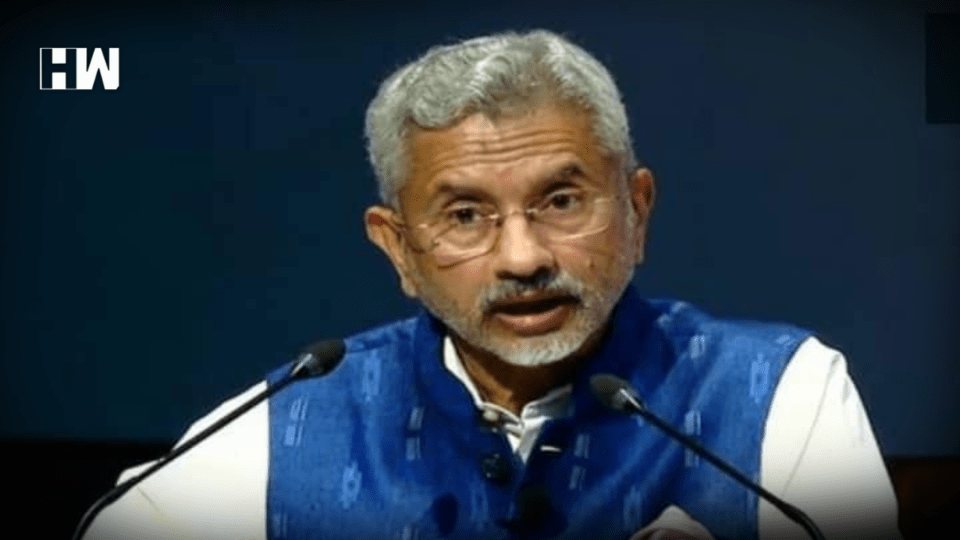New Delhi: The Supreme Court on Tuesday granted interim bail of one month to suspended IAS officer Pooja Singhal who sought the relief to look after her ailing daughter.
A bench of Justices Sanjay Kishan Kaul and Abhay S Oka granted interim bail to Singhal and imposed some conditions on her, including that she will not visit Ranchi unless a court case is listed for hearing in the city. The top court has now listed the plea for hearing on February 6 and asked Enforcement Directorate to file response in three weeks to Singhal’s main bail plea.
Earlier, the apex court had issued a notice to the Enforcement Directorate on former Jharkhand mining secretary Pooja Singhal’s bail plea in connection with a money-laundering probe linked to the alleged embezzlement of MGNREGA funds and other charges.
Singhal’s counsel earlier submitted that her daughter needs to be looked after due to a medical condition and sought bail on that ground.
It had asked the anti-money laundering probe agency to verify the condition of her daughter and inform it.
The top court was hearing an appeal filed by Singhal, a Jharkhand cadre Indian Administrative Service (IAS) officer, against the Jharkhand High Court order dismissing her bail plea.
Also Read: RBI Was Not In Loop About Demonetization: Report
She has been in custody since May 11 after raids were conducted at properties linked to her.
The Enforcement Directorate has accused Singhal of money laundering saying more than Rs. 36 crore cash, linked to alleged illegal mining, was seized by its teams as part of two separate money laundering investigations.
Apart from the 2000-batch IAS officer, her businessman husband, a chartered accountant associated with the couple and others were also raided by the ED as part of a money laundering probe linked to a case of alleged corruption in the MGNREGA scheme.
Singhal was arrested after the ED claimed it had credible evidence of her connection with CA Suman Kumar.
Pooja Singhal is the secretary of the Department of Mines and Geology and the managing director of Jharkhand State Mineral Development Corporation Limited (JSMDC).
(Except for the headline, this story has not been edited by HW News staff and is published from a syndicated feed.)
As an independent media platform, we do not take advertisements from governments and corporate houses. It is you, our readers, who have supported us on our journey to do honest and unbiased journalism. Please contribute, so that we can continue to do the same in future.


